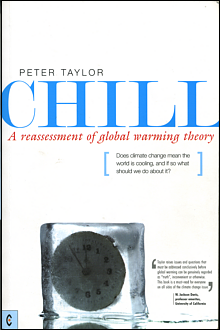
Sir Muir Russell chairman of the the UEA review, centre
It has just been announced that Sir Muir Russell will chair the UEA’s much trailed ‘independent inquiry’ into the CRU scandal, except that the word inquiry is not being used any more. Apparently we are to have an ‘independent review’ instead.
This is surprising because as recently as last night, Professor Acton who is the Vice-Chancellor of the university was indeed talking about an inquiry. Is the change of name because ‘inquiry’ is a rather emotive term suggesting wrongdoing while ‘review’ implies that there is nothing much to worry about? If the latter is the case then the outlook for climate science in general and CRU in particular is very bleak indeed.
Here is the beginning of the press release:
Sir Muir Russell to head the Independent Review into the allegations against the Climatic Research Unit (CRU)
Today the University of East Anglia (UEA) announced that Sir Muir Russell KCB FRSE will head the Independent Review into allegations made against the Climatic Research Unit (CRU).
The Independent Review will investigate the key allegations that arose from a series of hacked e-mails from CRU.
http://www.uea.ac.uk/mac/comm/media/press/2009/dec/homepagenews/CRUreview
It would seem that someone is rather preoccupied with ‘allegations’.
Surely an inquiry review should not be primarily concerned with allegations, but with what has actually happened at CRU. The allegations are only a symptom.
This wording suggests that someone thinks that, if there had been no allegations, then there would be no problems. Given the content of the emails, wouldn’t you expect UEA to recognise that they must find out just what has been going on at the CRU over the last decade? This possibly Freudian slip would seem to indicate a mind-set at UEA that has yet to appreciate the full implications of this scandal. Continue reading »


Recent Comments